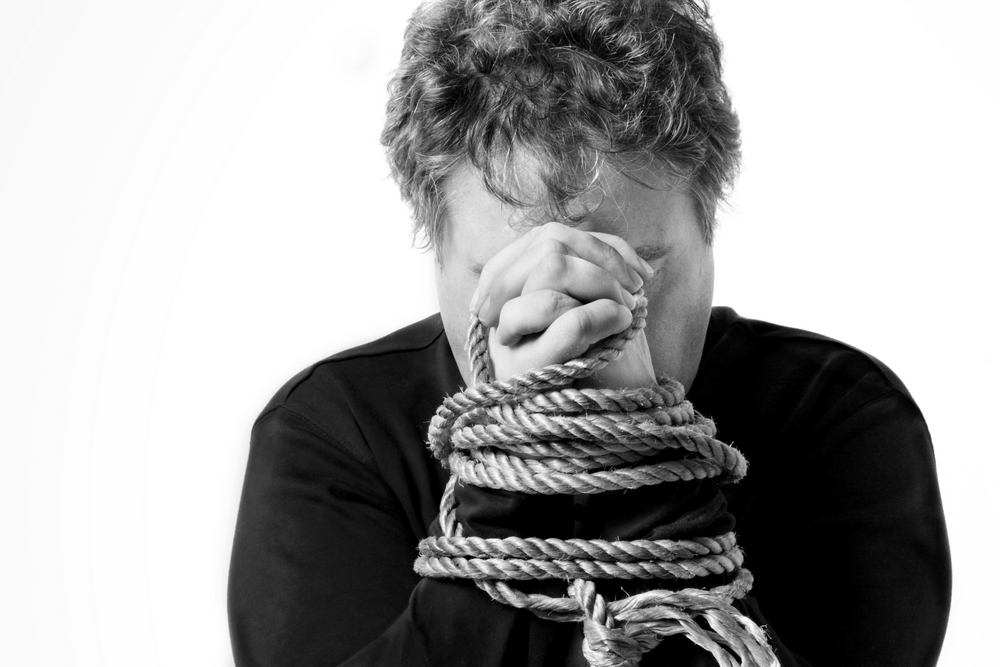World News
UN official says Vietnam seriously violates religious freedom, notes some improvements
HANOI, Vietnam—A U.N. official who went to Vietnam to assess religious freedom in this Southeast Asian country said Thursday that security agents closely monitored his visit and people he wanted to meet were harassed and intimidated.
Heiner Bielefeldt, the U.N. special rapporteur, told journalists he concluded that serious violations of religious freedom existed, while noting some improvements.
Planned visits to three provinces were interrupted, Bielefeldt said.
“I received credible information that some individuals whom I wanted to meet with had been either under heavy surveillance, warned, intimidated, harassed or prevented from travelling by the police,” he said.
“I was closely monitored of my whereabouts by undeclared “security and police agents” while the privacy and confidentiality of some meetings could have been compromised. All these incidents are in clear violation of the terms of reference of any country visit,” he said of his 11-day, fact-finding mission.
Vietnamese Foreign Ministry spokesman Le Hai Binh told a press briefing Thursday that the government has done its best to facilitate the special rapporteur’s visit including arranging all requested meetings.
“The reception of the U.N. Special Rapporteur on religious freedom to visit Vietnam demonstrated the goodwill, co-operative and open attitude of the Vietnamese government as well as the seriousness of Vietnam in implementing its commitments when it applied to join the U.N. Human Rights Commission,” he said.
Religious freedom is guaranteed in Vietnam’s Constitution. The communist government officially recognizes nearly a dozen religions in a country of 90 million, but those not sanctioned are banned. Hanoi says only lawbreakers are imprisoned, and no one has been arrested or imprisoned for their beliefs.
Bielefeldt said he heard quite a number of allegations of harassment, house arrests, imprisonment, destruction of houses of worship, beatings and pressuring people to join official religions and renounce their own.
He said he can’t make full assessment of individual cases but his conclusion was “there are serious violations of freedom of religion or belief taking place in this country.”
Bielefeldt cited as an improvement that space for religious practices has increased in recent years.
“Generally, I have noticed some improvements of the situation of religious communities, they can practice their religions better than they used to in the past. Their space for practicing has cautiously been widened,” he said.






















